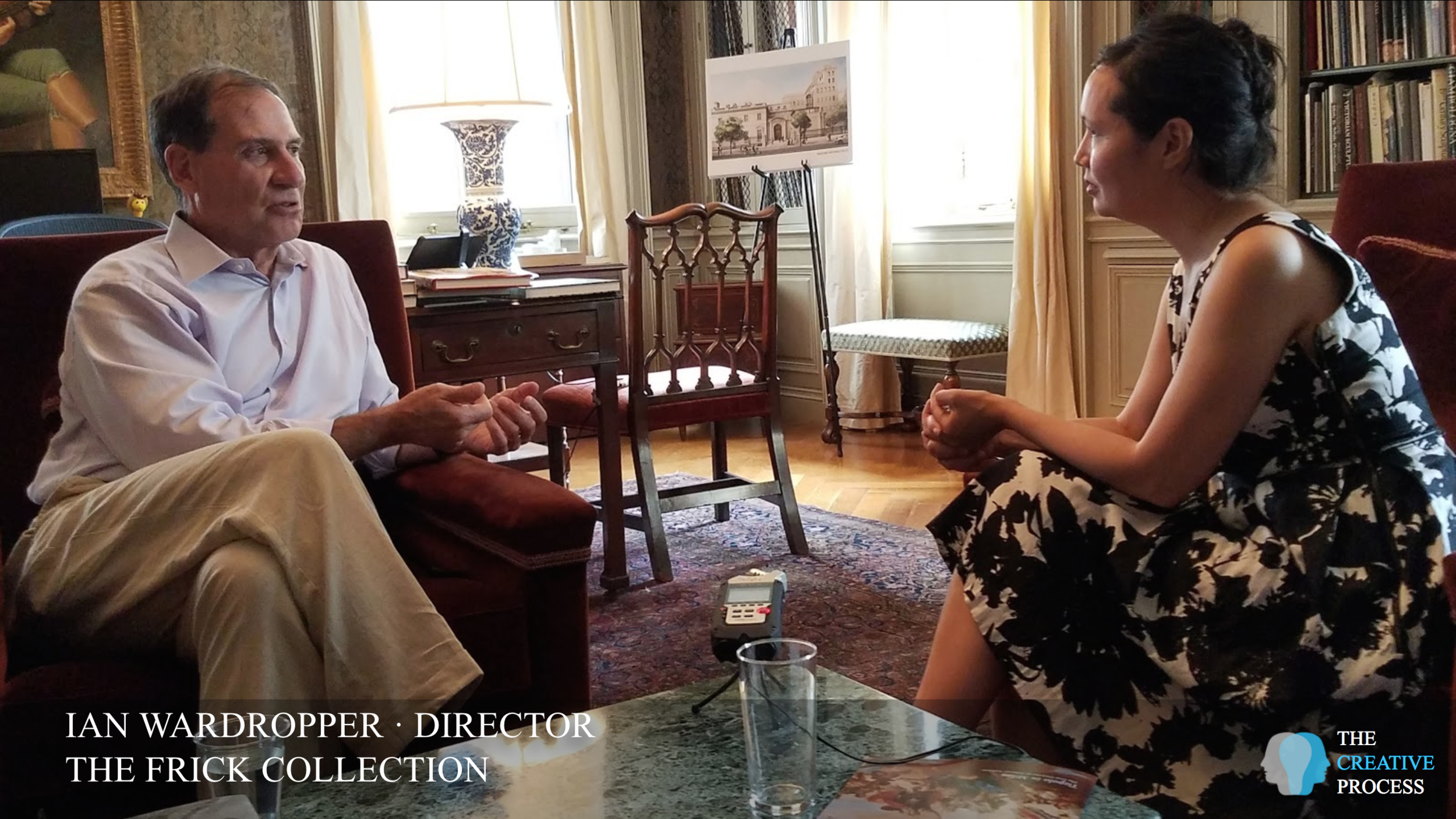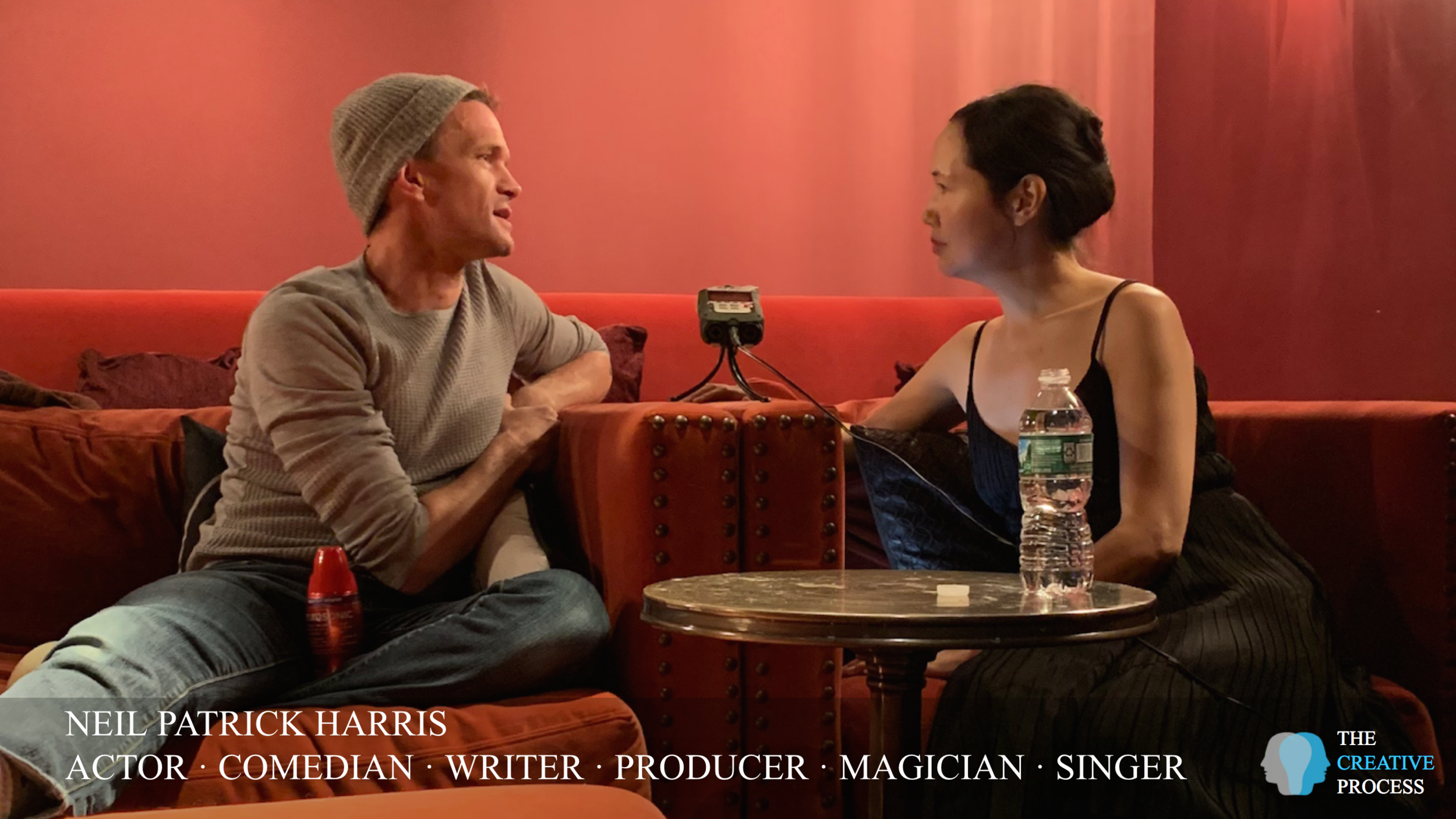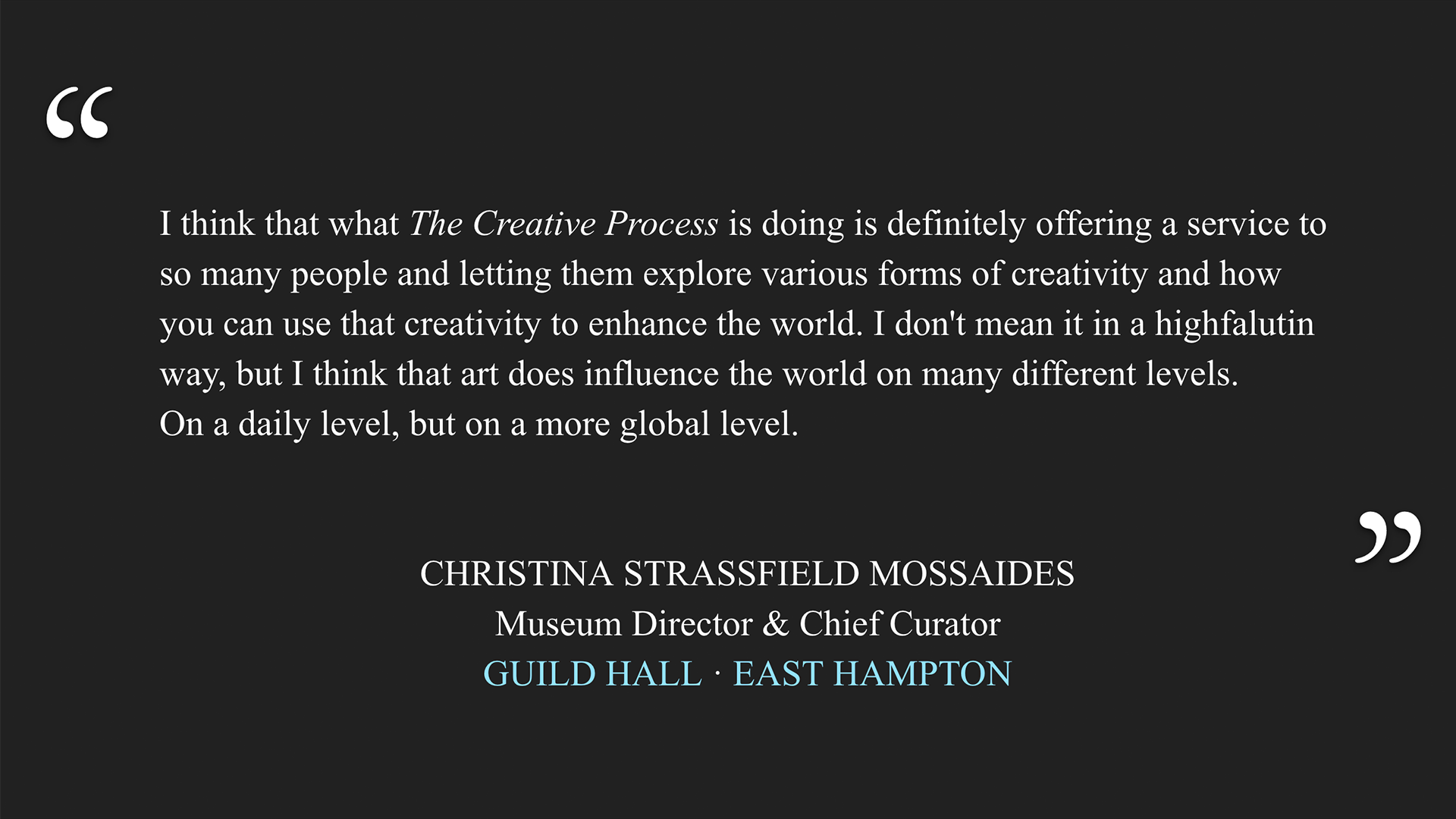Ann Beattie is an American short story writer and novelist. She has received an award for excellence from the American Academy and Institute of Arts and Letters and a PEN/Bernard Malamud Award for excellence in the short story form. Her work has been compared to that of Alice Adams, J.D. Salinger, John Cheever, and John Updike. She holds an undergraduate degree from American University and a masters degree from the University of Connecticut.
ANN BEATTIE
I always loved to read, my parents read aloud to me, and in graduate school, which I found deadly dull, I started writing as a way to re-vitalize writing, since otherwise I was obliged to footnote and to argue with the opinions of critics. Who cares. It’s only in recent years, though, that I’ve realized how much my grandmother (she was my great-aunt, but as she raised my mother, I always called her “Grandma”) –a southern girl– also influenced me, because she told me family secrets no one else ever told, and she was quite a fascinating narrator. She sometimes concluded this eye-opening information with a very uninflected, “Well, that’s the way it was.” So she, too, got me fascinated with storytelling. I suspect that a lot of people are born with talent, or a proclivity toward some certain talent, and they either use it or let it morph into something else or, for all I know, are bitter and frustrated all their life, whether they act on what they have or not. Or maybe they’re terribly happy. My husband is a painter, though he majored in history in college. Then he went to graduate school in painting. His mother told me that as a little child, she would come downstairs and find that he’d illustrated her grocery list.
In answer to your question, children in families are the outsiders, the short ones, the ones who can be told to go to bed until a certain age. But of course, they sense secrets, subtexts… Maybe they’re even hypersensitized to such things. So it was in trying to have an identity and in verifying certain questions and perceptions that I tended toward writing, I think, because in writing the writer was almost always keeping some secret from you (even if it sprang out at the last minute in the sort of stories I never liked), and there seemed to be a tacit understanding that things were mysterious and oddly revealed, if at all. My dear mother was nothing like the loony tunes in the bathtub, but she was delightfully eccentric, and I miss her constantly. And my father, also.
The “voice” varies from story to story, but it seems to me that in some ways, either the omniscient narrator is subtly commenting on the action by using a particular voice (that takes a particular tone), or I take the pose – because that’s all it is; I rarely write dialogue as it’s spoken or as I’ve overheard it – of appropriating other people’s “real” voices. I come in on a story when things are different, destabilized, when, in effect, a new voice may be necessary, whether from the outside narrator or from within the story, inhabiting the mind of my character.
This is an excerpt of a 7,000 word interview which will be published and podcast across our network of participating university journals and national arts/literary magazines.
Mia Funk is an artist, interviewer and founder of The Creative Process.

































































